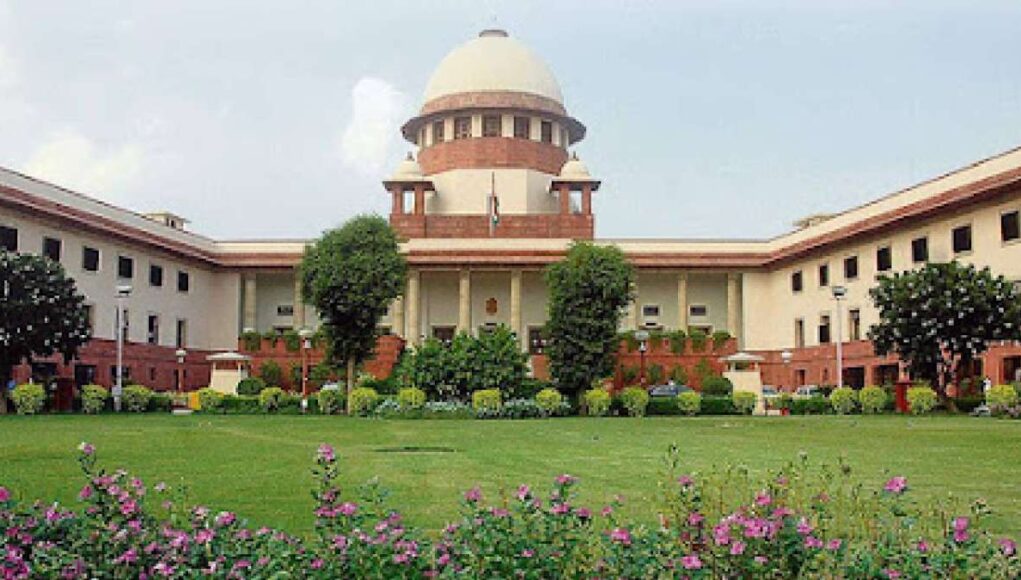Source : INDIATV NEWS
The Supreme Court on Monday issued notices to the Centre, major OTT platforms including Netflix, Amazon Prime Video, Ullu, ALTT, and social media companies such as X (formerly Twitter), Facebook, Instagram, and YouTube on a PIL seeking action to prohibit the streaming of sexually explicit content.
The Supreme Court on Monday issued notices to the Centre, major OTT platforms, and leading social media companies on a public interest litigation (PIL) seeking action to prohibit the streaming of sexually explicit content. A bench comprising Justices B R Gavai and Augustine George Masih said the petition raised a significant concern but pointed out that the issue falls primarily within the domain of the executive and legislature. “As it is, there are allegations that we are encroaching upon the legislature and executive power,” Justice Gavai noted during the hearing.
The court issued notices to the Centre, Netflix, Amazon Prime Video, Ullu, ALTT, X (formerly Twitter), Facebook, Instagram, YouTube, and others. It directed them to respond to the plea, which calls for urgent regulatory measures against obscene content available on digital platforms.
Solicitor General Tushar Mehta, appearing for the Centre, informed the court that certain regulatory mechanisms are already in place under the Information Technology (Intermediary Guidelines and Digital Media Ethics Code) Rules, 2021. He added that additional regulations are under active consideration.
Key points to know about the case:
- The petition, filed by five petitioners and argued by advocate Vishnu Shankar Jain, seeks the creation of a National Content Control Authority to oversee and regulate content on OTT and social media platforms more stringently.
- The Supreme Court has not set a specific timeline for the next hearing but indicated that the Centre’s detailed response will shape further proceedings.
- The case highlights growing concerns about content regulation in India’s rapidly expanding digital entertainment and social media sectors, especially regarding access to inappropriate material by minors.







